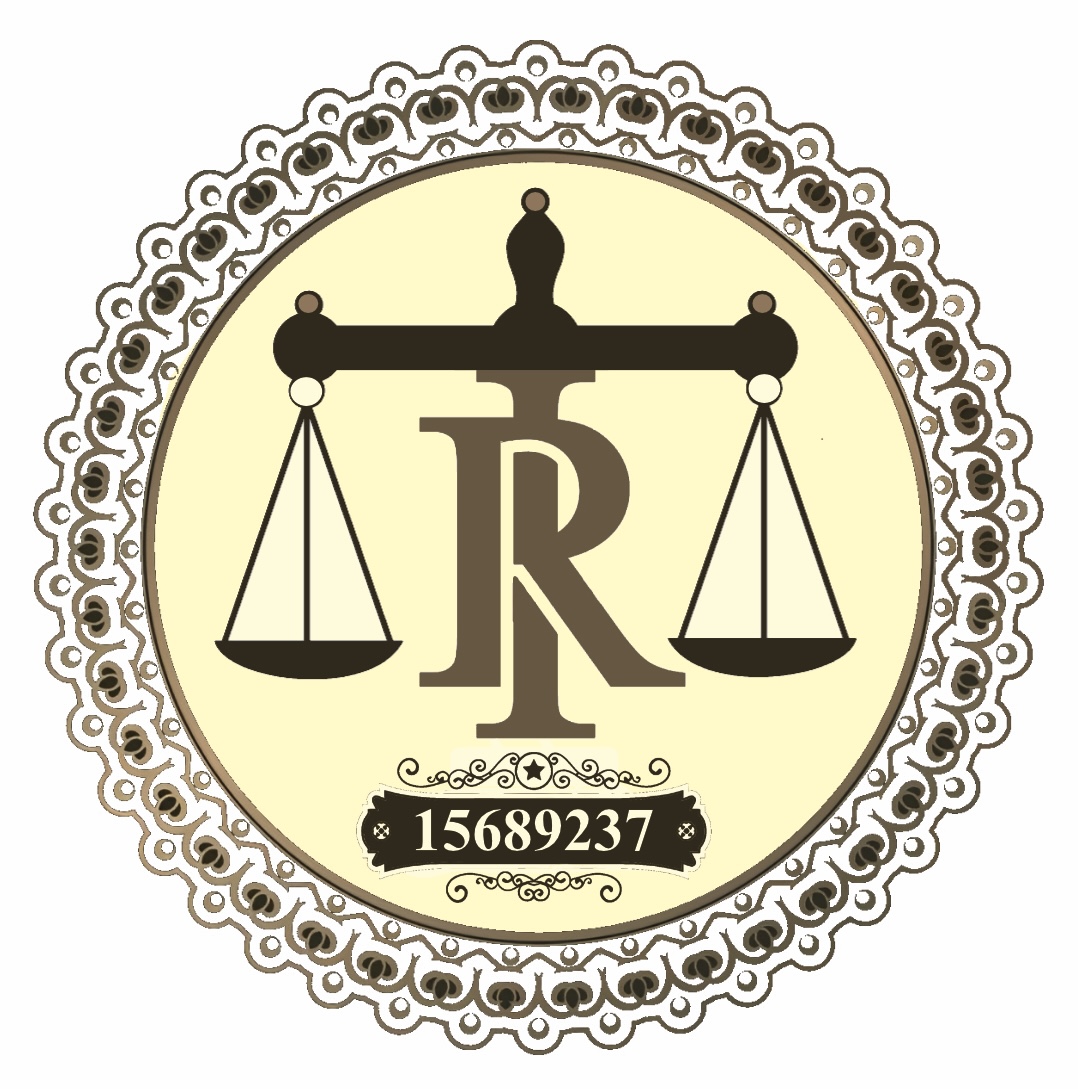Introduction
Inheritance and Estate Division in Iran: A Comprehensive Guide for Iranians Abroad
Inheritance issues are among the most common legal problems faced by Iranians living abroad. When parents or relatives pass away in Iran, their heirs must deal with the division of assets, real estate, and personal property. Unlike some countries where inheritance procedures can be handled administratively, in Iran the matter is strictly under the jurisdiction of the courts.
For Iranians abroad, this often means they cannot directly resolve inheritance disputes through embassies or consulates. Instead, they must go through Iranian courts, usually by appointing a legal representative.

Legal Framework of Inheritance in Iran
Inheritance law in Iran is governed primarily by the Civil Code of Iran (Qanun-e Madani "قانون مدنی"), which incorporates principles of Islamic jurisprudence. Upon the death of an individual, their estate automatically transfers to their heirs, but the actual division of assets requires judicial confirmation.
The first step is to obtain an “Order of Inheritance” or Enhesar-e Verasat "انحصار وراثت". This is a probate certificate issued by a court that identifies all legal heirs and their respective shares. Without this order, property cannot be legally transferred or sold.
Role of Iranian Courts
Only Iranian courts have jurisdiction to issue orders relating to inheritance of property located in Iran. Consulates or embassies may notarize documents (for example, a Vekalat-Nameh "وکالتنامه" or power of attorney), but they cannot issue inheritance rulings.
For heirs abroad, this means one of two options:
-
Traveling to Iran personally to initiate proceedings.
-
Appointing a lawyer in Iran through a notarized and legalized power of attorney, typically executed at an Iranian consulate.
Key Steps in an Inheritance Case
1. Obtaining the Probate Certificate (Enhesar-e Verasat "انحصار وراثت")
This document specifies:
-
The deceased’s identity.
-
The list of heirs.
-
The legal share of each heir under Iranian law.
The application requires documents such as the death certificate, identity documents of the heirs, and sometimes witness statements.
2. Asset Identification and Inventory
Heirs or their lawyer must identify the estate’s assets, which may include real estate, bank accounts, vehicles, and personal property. Real estate disputes are especially common, as many heirs abroad lack access to property deeds.
3. Division of Assets (Taqsim-e Tarakeh "تقسیم ترکه")
Once the probate certificate is issued, heirs may either agree to divide the estate voluntarily or request the court to order division. In practice, disputes often arise, and the court may need to intervene directly.
4. Transfer of Ownership (Sodur-e Sanad "صدور سند")
For real estate, the final step is transferring the official deed into the names of the heirs according to their shares. This process is completed through the Real Estate Registration Office (Edare Sabt "اداره ثبت") after presenting the probate order.
It is important to know;
Challenges for Iranians Abroad
-
Distance and Travel Restrictions
Heirs living abroad may find it difficult to travel to Iran, especially if there are political or personal restrictions. -
Document Authentication
All foreign-issued documents must be translated into Persian, notarized, and authenticated by the Iranian consulate before submission to Iranian courts. -
Disputes Among Heirs
Conflicts often arise when one heir resides in Iran and others are abroad. The heir in Iran may attempt to take control of property or resist division, leading to prolonged litigation. -
Time and Costs
Inheritance proceedings in Iran can be time-consuming, often lasting several months or years, depending on the complexity of assets and disputes.
Practical Solutions
-
Appointing a Trusted Lawyer (Vakil "وکیل"): This is the most practical solution for heirs abroad. A lawyer in Iran can handle all stages of the probate and division process.
-
Consular Services: Use the Iranian consulate to notarize powers of attorney and authenticate documents.
-
Early Documentation: Ensure that all identity documents (shenasnameh "شناسنامه", national ID, and death certificates) are available early to avoid delays.
-
Mediation Among Heirs: Whenever possible, encourage heirs to reach a settlement outside court to minimize costs and time.
And finally;
Conclusion
For Iranians abroad, inheritance and estate division in Iran is a complex but manageable process if approached correctly. The key is understanding that only Iranian courts have authority to resolve these matters, and the consulate’s role is limited to notarization and document authentication.
By appointing a qualified lawyer in Iran, heirs can navigate the legal system effectively, obtain the probate order (Enhesar-e Verasat "انحصار وراثت"), and proceed with asset division and title transfer. With careful planning and professional assistance, even heirs who live thousands of miles away can successfully secure their legal rights in Iran.
Service Offerings
© 2024 All Rights Reserved by rezvanInt




